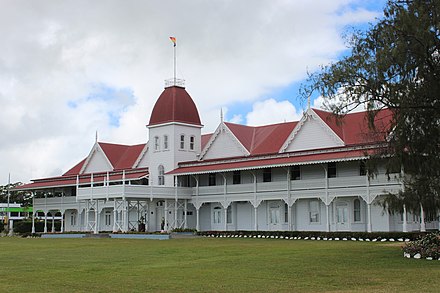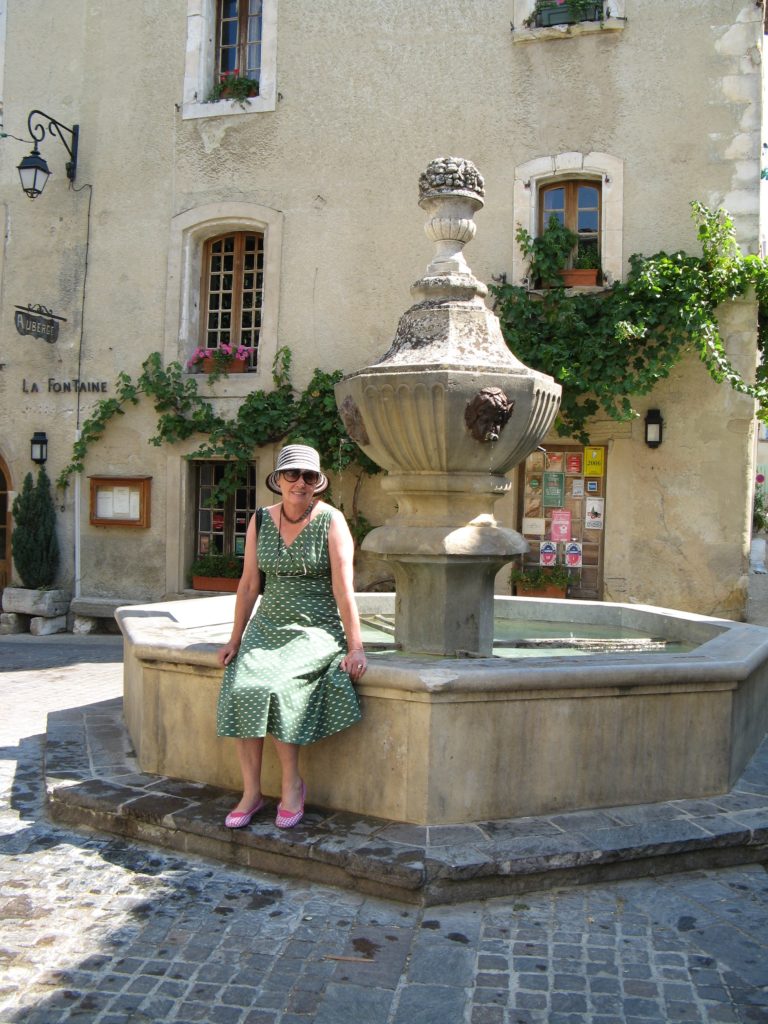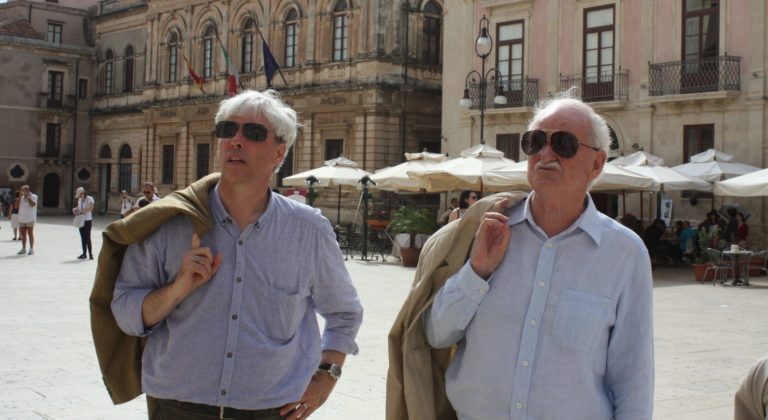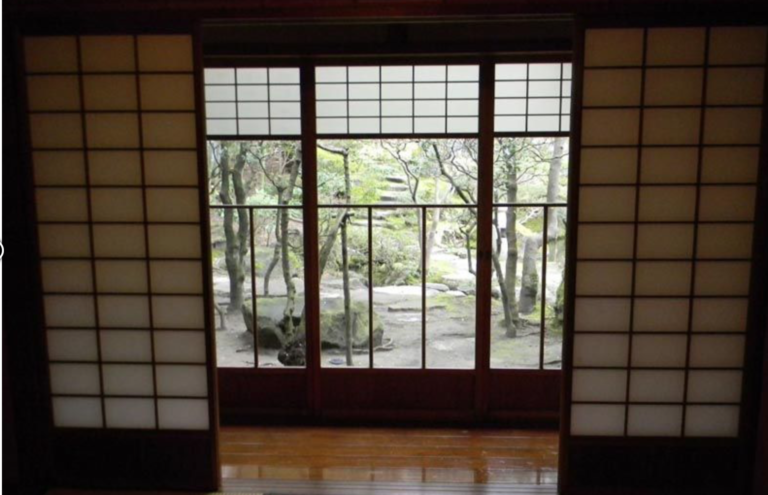An Afternoon with Rewi Alley
What is still called the Italian Legation is a handsome stone building in central Beijing. It was built at the end of the 19th century to house the Italian ambassador and his staff and survived the Boxer Rebellion and ‘the siege at Peking’ at the turn of the century. It had been turned into flats that housed the more prominent of China’s ‘foreign friends’. Set amid spacious lawns and mature trees, no accommodation could be less redolent of Beijing. Flats were allotted on the bleak Chinese principle of mortality: every time the senior foreign friend died everyone else moved up a step to something better. The American writer, Anna Louise Strong, had occupied the best flat on the ground floor with its large rooms and tall windows looking on to the trees. When she died the New Zealand friend, Rewi Alley, had moved down from the upper floor and it was there that I called on him in 1973.
I had not met him before. His work in setting up industrial schools had won New Zealanders’ admiration and he had the distinction of contributing a useful phrase to the national vocabulary – ‘gung ho’ meaning enthusiastic and anxious to start work. These achievements had faded as he had to sing for his supper after the Communist takeover, campaigning against germ warfare in Korea and writing a considerable amount of what even his biography calls ‘less than memorable poetry’ which I encountered when editing the student newspaper Canta.
He was in his seventies when I called, but a hard life in remote parts of China seemed to have suited him. We sat down on a couch beside a table covered with books and pieces of porcelain and began to talk. There may have been a touch of homesickness in his pleasure at talking in English with a New Zealander, but his New Zealand life was long behind him and he showed only polite interest in its affairs. Instead, with his bright blue eyes alight with interest, he talked of China’s past, the weight of tradition, life in Gansu and everything except Chinese politics.
An elaborate range of cupboards and bookshelves in a dark-stained wood occupied almost the length of one wall, looted he said by the Italians from the imperial palace during the Boxer disturbances. When my eye rested on it as he talked, I wondered how the Italians had managed to move it and then, after further consideration, why they had wanted to. At intervals Rewi would jump up to consult a book from the cupboard, sometimes forgetting that it had been lost. He said he had lost two libraries, one to the Japanese and one to the Red Guards. A discreet man, his bitterness at the Cultural Revolution showed periodically as he described them burning his cherished books and tearing up his pictures in front of him. I sensed that his earlier support of Chinese Marxism had dwindled to a silent neutrality.
As we talked he refilled our little cups from a teapot of modern lines with no pattern under the creamy-white glaze. I admired it and asked if it was modern. “No,” he said, “it is Ming. I should not be using it but it is a luxury I allow myself.” That turned the conversation to Chinese ceramics on which he had a vast knowledge. He jumped up and down to fetch examples from the cupboard, showing the effects of different glazes, how subtle gradations of colour could be achieved and, from fragments he had collected, the different styles of the great Imperial kilns. I was enthralled, so much so that when I looked up at one of the long windows, I saw with surprise that the autumn dusk was descending.
I stood up to take my leave from this resolute old man. He looked around and picked up a little vase from the table. “This is modern and not particularly valuable but it is a favourite of mine. I’d like you to have it.” It is indeed beautiful, a pattern of traditional white plum blossom on a deep-blue glaze, and it sits on the table before me as I write.





